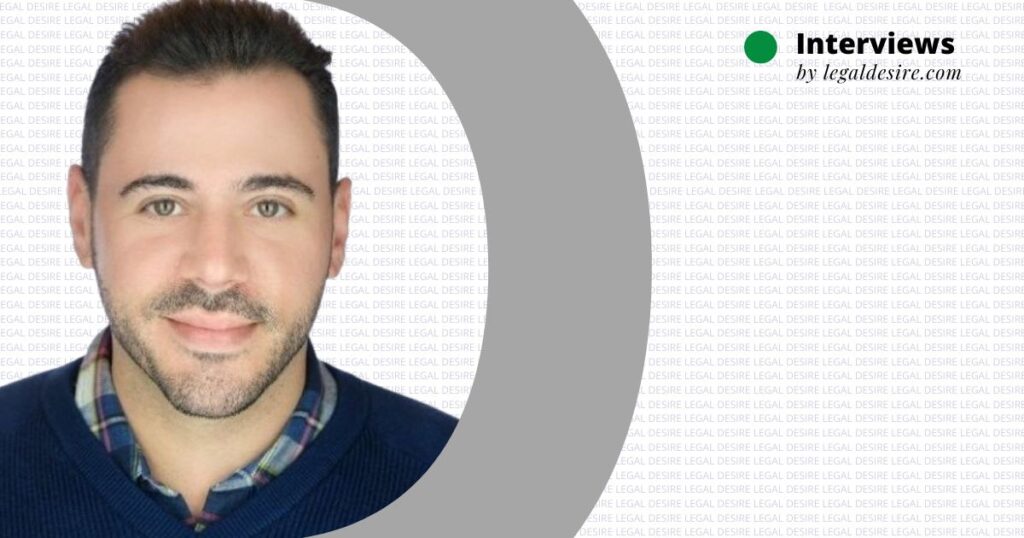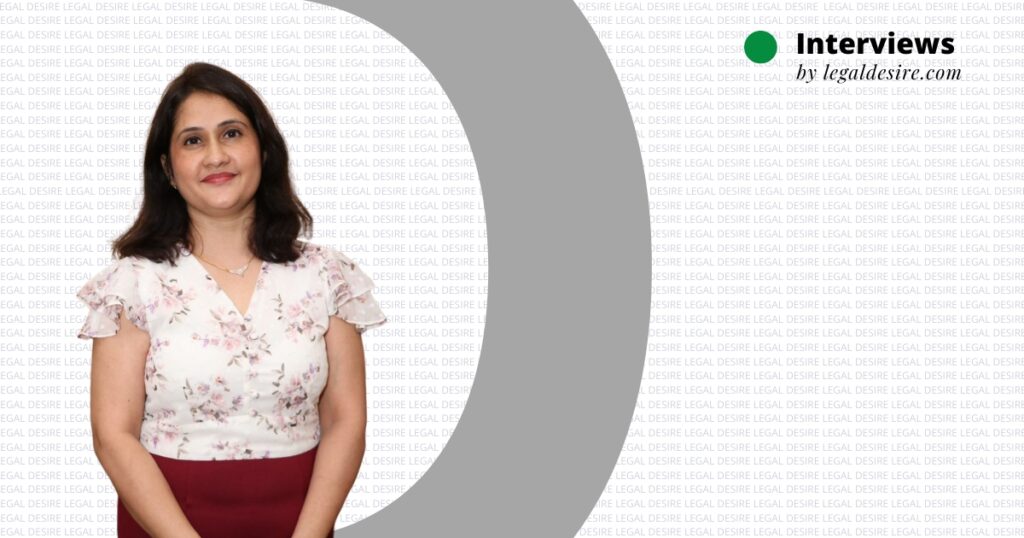Now Reading: In Conversation with Carlos A. Gutierrez, International Forensic Expert
-
01
In Conversation with Carlos A. Gutierrez, International Forensic Expert
In Conversation with Carlos A. Gutierrez, International Forensic Expert
Carlos A. Gutierrez, MSFS, is the Science Director of True Forensic Science. Mr. Gutierrez, earned his college degree of Public Security Administration at Carabineros de Chile school in 2001. In 2002, earned his certificate Reforma Procesal Penal y sus Efectos en la Función Policial (Criminal Procedure Reform and its Impact on the Police Function) dictated by the Police Science Academy of Carabineros de Chile. Then, in 2003, obtained his specialization in Criminalistics in Carabineros de Chiles police agency. Later on, Mr. Gutierrez earned several certificates of different courses made in Argentina, Germany, Spain, Peru and the US. In 2012 obtained his Master degree in Educational Management at Andres Bello University in Chile. Then, in 2016 earned his Master in Science in Forensic Science (MSFS) at Chaminade University of Honolulu, USA.
Throughout his career Mr. Gutierrez has performed important positions such as, Subdirector of the Criminalistics Laboratory of Carabineros de Chile police agency in the city of Punta Arenas (Chile), expert of the Ballistics Laboratory of the Criminalistics Laboratory of Carabineros de Chile police agency in the city of Santiago (Chile), Chief of the Copyright and Forensic Anthropology at the same Chilean forensic agency and Director of the Criminalistics Laboratory of Carabineros de Chile police agency in the city of Talca (Chile).
Carlos was interviewed by Apoorva Mehta, Executive Asst. at Legal Desire about his journey in field of forensic science. Read the conversation here:
1) How was your journey till becoming the co-Founder of TFS?
I was a police officer in the Chilean National Police Agency called Carabineros de Chile. During my 18 years of service, I worked in the forensic Lab as a Crime Scene Investigator, Forensic Anthropologist, and Director. During my career I was involved in more that 6,000 cases, including the identification process of the victims of the 6th Biggest Earthquake and Tsunami in the world. and also I learned the importance of the continue education in the forensic expert. So I earn my Master Degree in Education in Chile and after I earn my Master of Science in Forensic Science in Chaminade University of Honolulu, USA. After that, I retired of my Police Agency and I started as a Faculty of Forensic Science of Chaminade University of Honolulu. Also I am finishing my Ph.D. In Forensic Sciences in the Juris Science Institute of Nayarit State, in Mexico.
2) You always wanted to be in this field or you had other ideas as well?
Help victims and their families.
4) How do you deal with disturbing crime scenes?
I think the technology will play a great role to help us as a forensic scientist, but we cannot forget the technology is just a tool but the knowledge is the most important tool for us and that can not be replace by a machine.
10) How was your experience in TFS till now?
It’s a great experience, I travel a lot doing conferences, helping people and teaching. Its amazing!
Share feedbacks to info@legaldesire.com








